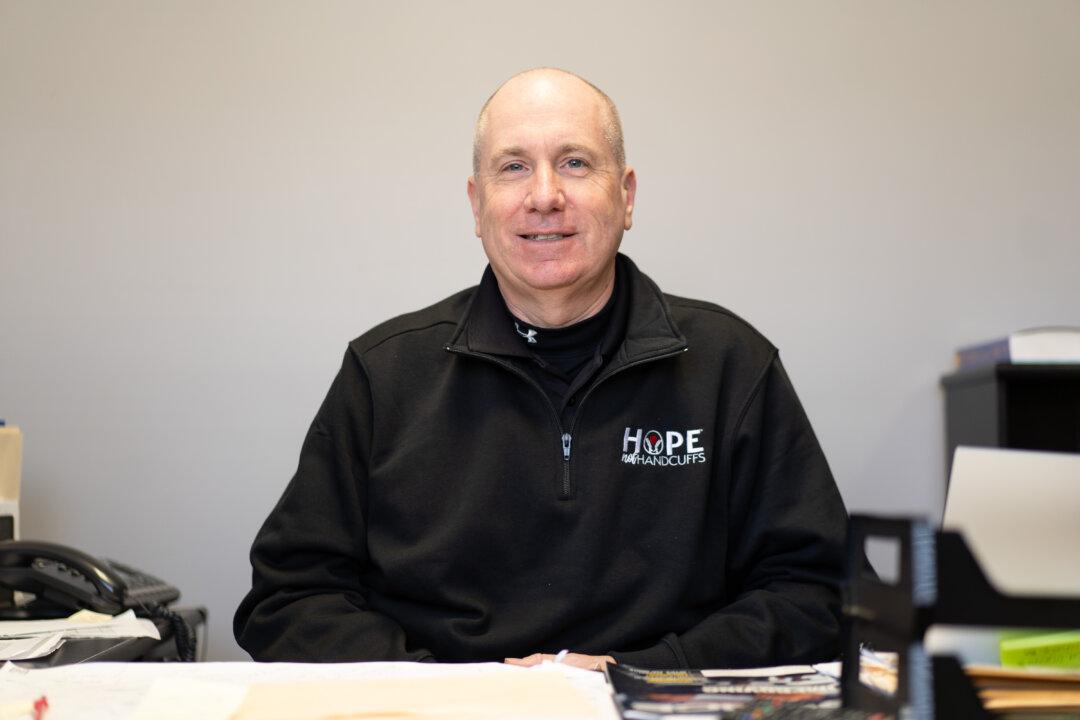Looking back at the past decade, Mount Hope Police Chief Paul Rickard said he accomplished what he set out to do—transform the department into a more professional operation.
He said he improved almost every facet of the police department in the small rural town in upstate New York, from hiring, training, and policy to infrastructure and technology.





